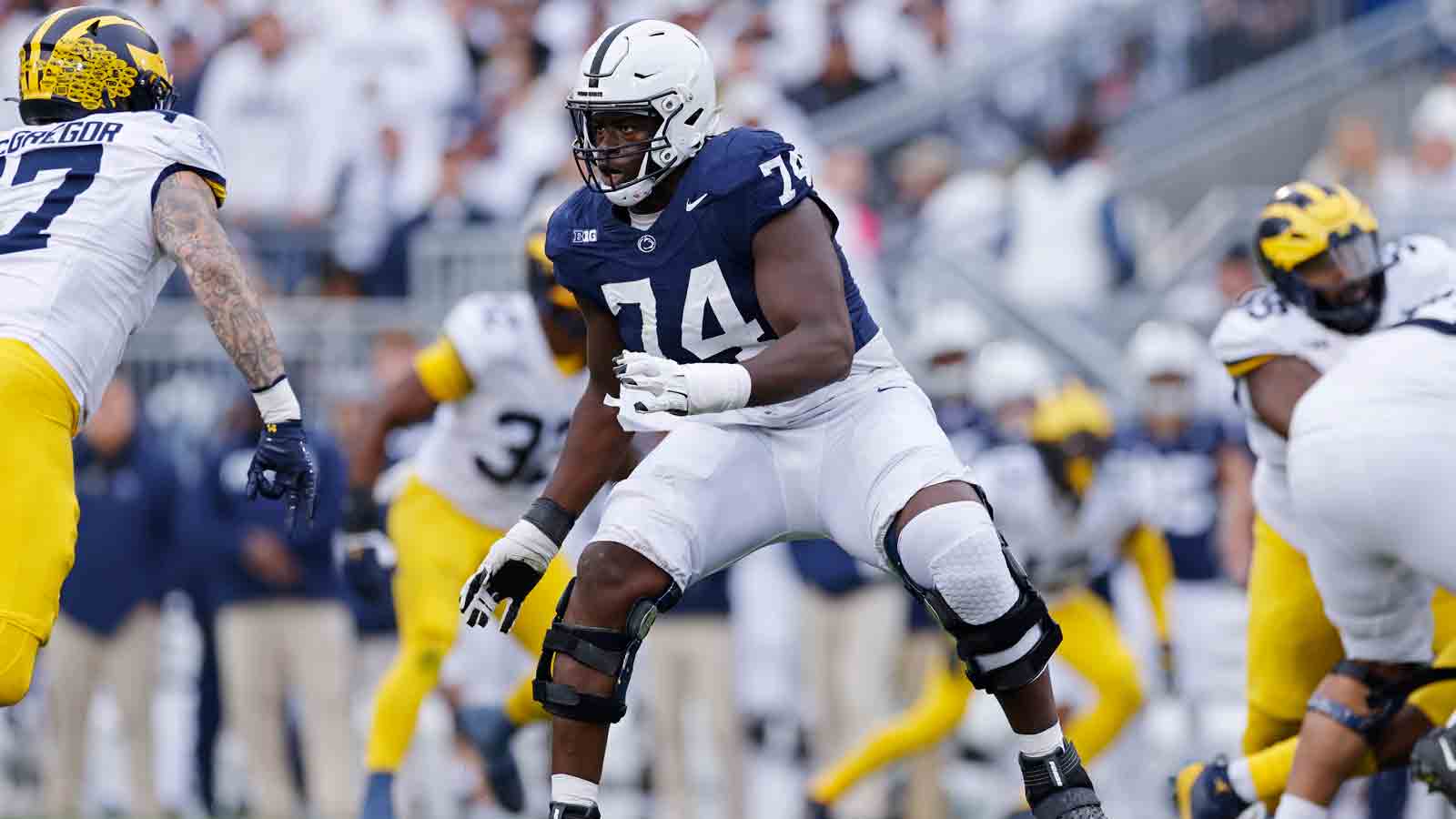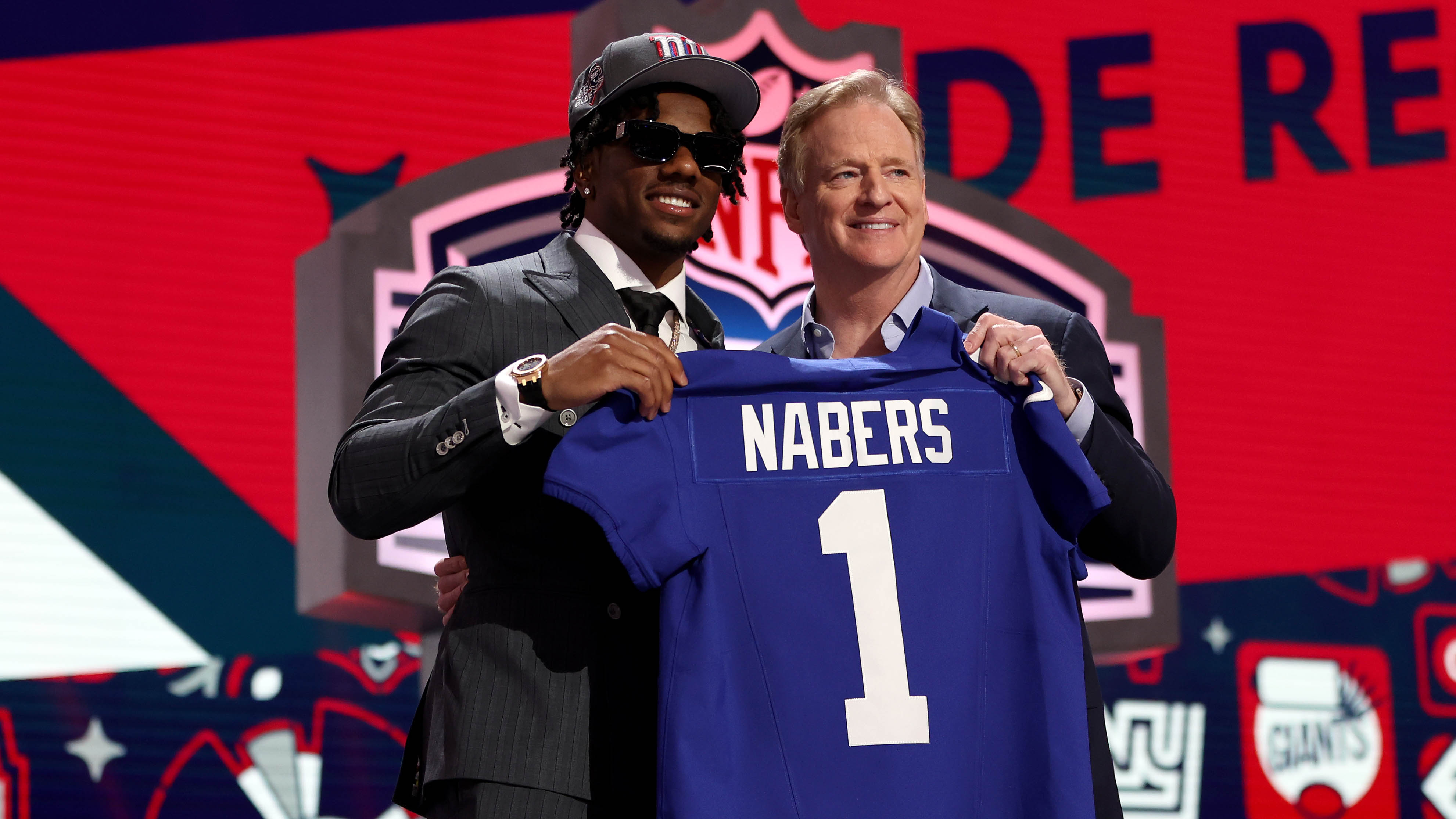Jon Corzine told a congressional panel Thursday that he never intended to break rules requiring failed securities firm MF Global to safeguard client funds. He also said he doesn't know what happened to an estimated $1.2 billion that went missing.
Corzine testified before the House Agriculture Committee about the firm's bankruptcy, which followed disastrous bets on European debt that were made while Corzine was CEO.
Corzine deflected blame for the company's collapse. He argued that he inherited a firm already doomed by his predecessors' bad financial decisions.
He appeared strained and at times grasped for words. But Corzine responded to every question posed, choosing not to exercise his Fifth Amendment right.
His answers were cautiously worded. He often said he couldn't recall or lacked access to materials needed for him to answer.
"I'm not in a position, given the number of transactions, to know anything specific about the movement of any specific funds," he said.
Still, Corzine said he accepts responsibility for the firm's risky bets and said its customers' losses weigh on his mind "every day — every hour."
Local
The former U.S. senator was subpoenaed to explain how MF Global, which he led for about 20 months, collapsed into the eighth-largest bankruptcy in U.S. history and why an estimated $1.2 billion in client funds remains unaccounted for.
Corzine apologized to "all those affected" by MF Global's failure. The company filed for bankruptcy protection on Oct. 31. Corzine resigned as CEO on Nov. 3 and hasn't spoken publicly since.
"I simply do not know where the money is, or why the accounts have not been reconciled to date," Corzine said.
He said he can't say whether there were "operational errors" at MF Global or whether other companies have held onto money that should be returned to MF Global.
Corzine defended his tenure at the firm. He said MF Global toppled, in part, because of a large quarterly loss caused by his predecessors' accounting moves. Rating agencies responded to the loss by downgrading the firm's credit rating, which panicked investors and trading partners.
"The marketplace lost confidence in our firm," he said.
He said he made the high-stakes bets only after discussions with company executives who traded European debt long before he arrived. And he said that he reduced MF Global's investment risks by some measures.
Corzine, 64, said many people in his position would invoke their Fifth Amendment right to avoid answering questions at Thursday's hearing. But he said that as a former senator he recognizes the importance of congressional oversight and will try his best to answer the panel's questions.
Attempting to answer questions poses a risk for Corzine. Anything he might say could be used against him in a courtroom, should Corzine ever be charged in the case. The FBI and several federal regulators are investigating MF Global.
Lawmakers have heard from farmers, ranchers and small business owners in their districts who are missing money deposited with the firm.
Agricultural businesses use brokerage firms to help reduce their risks in an industry vulnerable to swings in oil, corn and other commodity prices. But MF Global increased risks by making big bets on European government debt — bets that proved disastrous.
In his remarks, Corzine disputed media reports that he personally pushed the company to make big, doomed bets on risky European debt using too much borrowed money.
Corzine said the company's revenue was "drying up" when he arrived because of competition from online and high-tech brokerages.
He also noted that the company worked with outside consultants on its strategic plan and internal compliance systems. And he said that much of his compensation was in stock options.
The amount of borrowed money used — known as leverage — decreased when he ran the company, he said, and he favored the trades that doomed it only after discussions with MF Global's senior traders.
Corzine noted that the European debt securities are all "at least A rated." Typically, that means the borrower is unlikely to default.
Legal experts say Corzine could be held personally liable for misrepresenting to investors the risks the firm had taken. Other top MF Global executives also could face legal jeopardy, they say. Corzine will say Thursday that the company's board signed off on the investments and was aware of the risks involved.
It's the first time in more than 100 years that Congress has subpoenaed a former senator to testify, according to Senate historian Don Ritchie. The occasion blends the two worlds Corzine has occupied for his professional life — Wall Street and public office.



